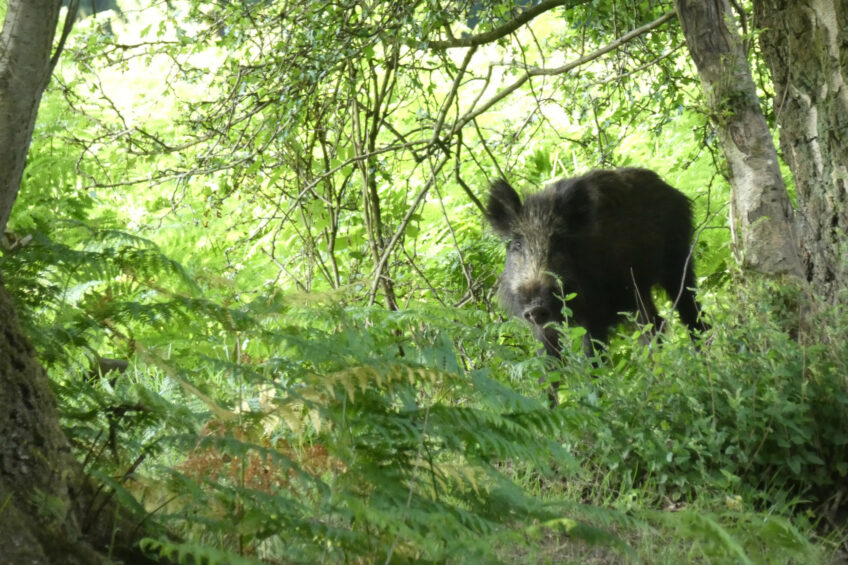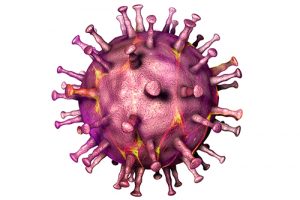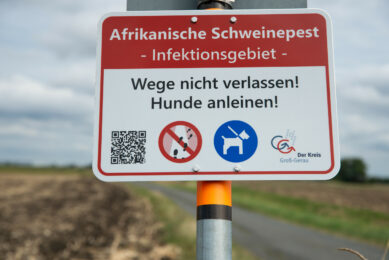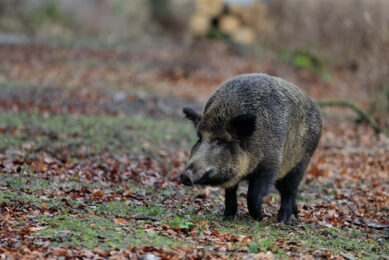ASF Germany: First infection in Baden-Württemberg state

Yet another state in western Germany is reporting the presence of African Swine Fever (ASF) in its wild boar population. The virus emerged in a population in Baden-Württemberg.

The state authorities confirmed this on Friday. The animal was found behaving strangely. A hunter shot the animal and its carcass tested positively. A confirmation by the state reference laboratory Friedrich-Loeffler-Institut is expected in the course of this Friday.
The animal was discovered near Hemsbach, in the district Rhein-Neckar, at 5 km of the state border with Hesse. That state has been reporting ASF since June this year. When the second test confirms the infection, it means that different infection zones will have to be enlarged.
The finding does not come as a surprise, given the presence of the virus in Hesse. In that state, this Friday the authorities reported that in total 97 infected wild boar have been found. Most of these were found in the Groß-Gerau district. The virus was also discovered on 8 pig farms in this district, some of them only small, some with a fair amount of pigs on-site.
The 3rd state in western Germany that was found infected is Rheinland-Palatinate, on the opposite bank of the Rhine river. The latest count shows 33 infected wild boar there, the majority of which having been found in the district Mainz-Bingen.
Earlier ASF infection in Baden-Württemberg
For the state Baden-Württemberg, ASF is not a completely unfamiliar phenomenon. In May 2022, a farm of 35 pigs near Forchheim was reported infected in the deep south. That turned out to be a one-off infection without any further consequence in terms of spread.
The outbreak in western Germany now likely covering 3 states requires an even greater deal of coordination. Most responsibilities with animal disease control lie with the individual states, and each of which will have to have their own staff, organisations and protocols.











